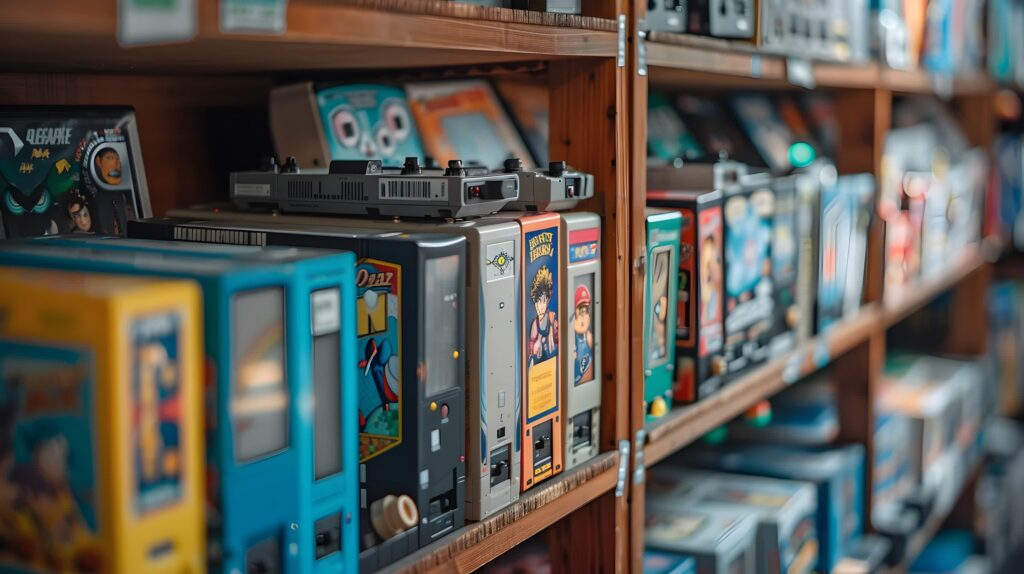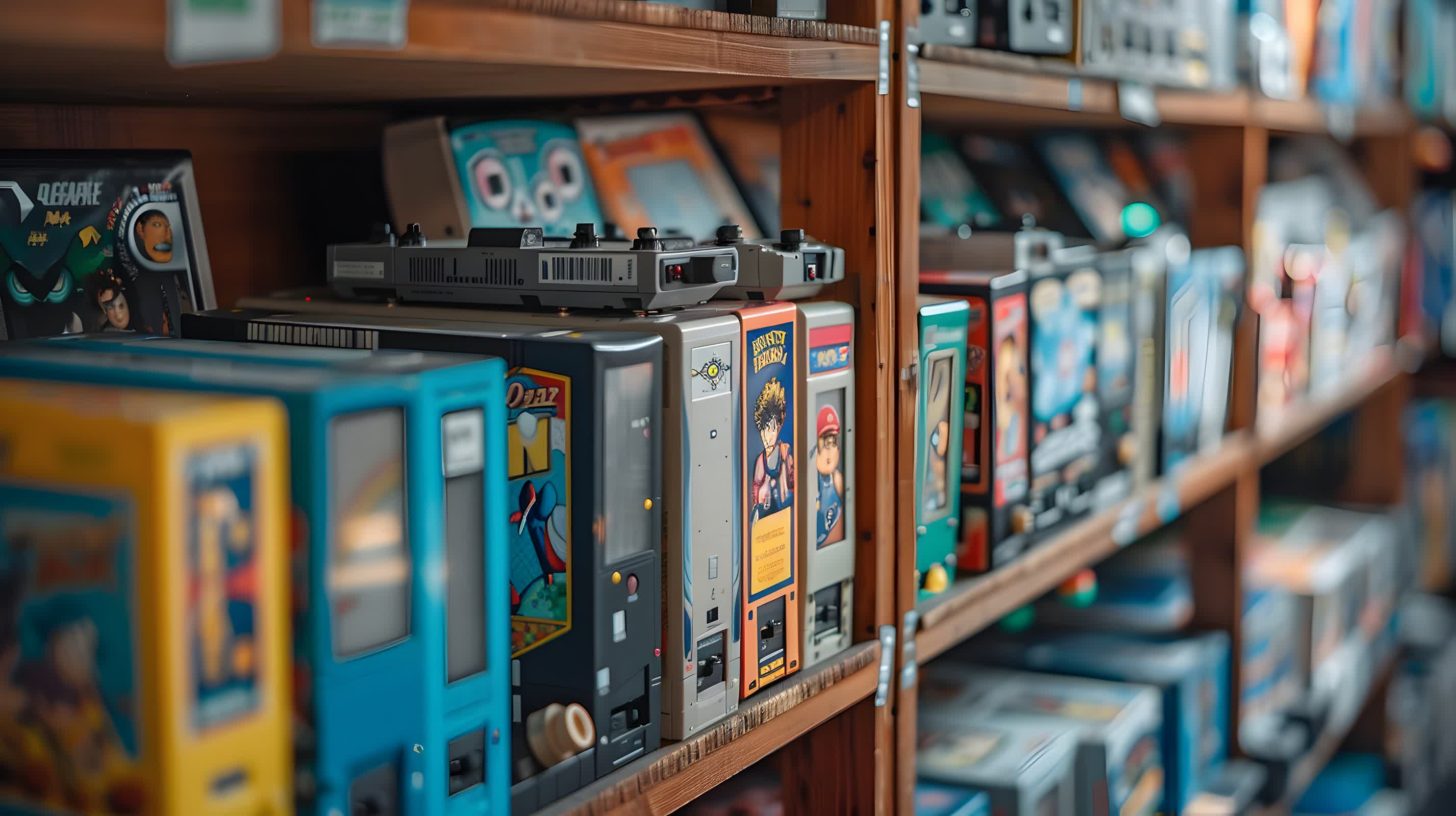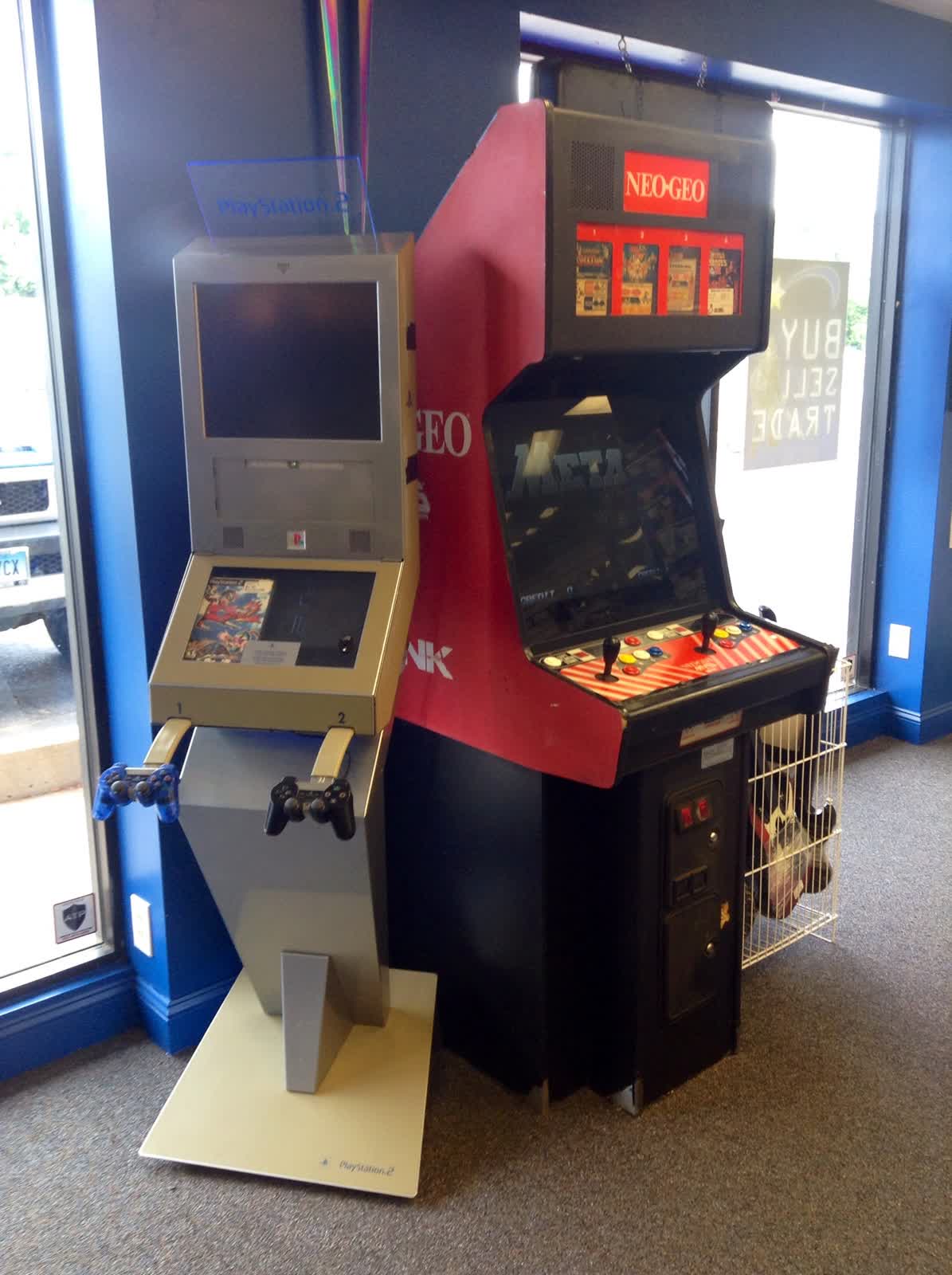
628 Years to Crack 712 Retro Game Protections
628 Years to Crack 712 Retro Game Protections: A Preservation Challenge

In a nutshell: A study reveals the immense difficulty of preserving classic video games due to outdated anti-piracy measures. While modern games are cracked relatively quickly, older games with legacy protections are proving incredibly resistant.
The MAME Preservation Project
Researchers studied the Multiple Arcade Machine Emulator (MAME), a crucial tool for preserving vintage games. Of 3,783 arcade machines examined, 712 had anti-piracy measures requiring circumvention. Cracking these games took a collective 628 years.

Challenges in Circumvention
The study highlights several challenges:
- Encryption of game data
- Memory Controller Units (MCUs) with memory scrambling
- Suicide chips (e.g., Hitachi FD1089/FD1094) requiring battery power
- Early Atari games with slapstick protection
Proposed Policy Actions
The researchers suggest several policy changes, including:
- Clarifying that cultural heritage institutions can circumvent TPMs for preservation.
- Weighing the costs of TPMs against the benefits to rightsholders.
- Requiring rightsholders to provide access to TPM-protected works for European institutions and researchers.
This research underscores the significant challenges and social costs involved in preserving our digital cultural heritage.





